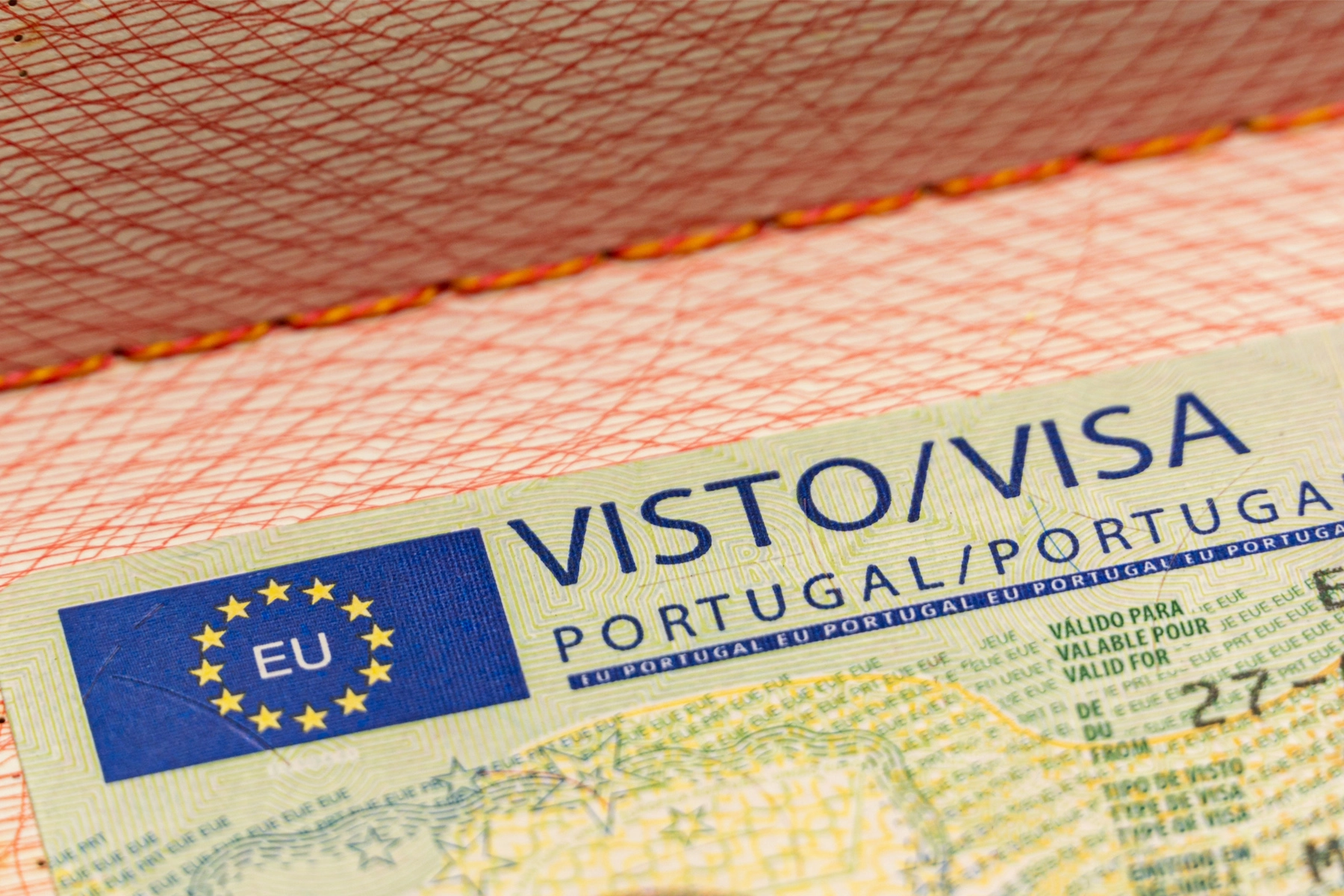 New rules eases Visa Permits to Portugal: what has changed?
New rules eases Visa Permits to Portugal: what has changed?
It is useful for those who wish to live in Portugal to keep an eye on the Portuguese Foreigners Act (Act No. 23/2007 of July 4) since it establishes the main rules over immigration, and it is constantly going through changes.
On 15 June 2022, the Council of Ministers approved a set of amendments that can positively impact the life of potential immigrants. With these new rules, Portugal aims to attract new residents while providing easier and safe immigration.
Visa for the pursuit of a job
By far the most commented amendment is the creation of a new type of visa: a visa to seek employment in Portugal.
Long story short this visa allows foreigners to come to Portugal to try to obtain a job for a period of 120 days, which can be renewed for 60 days.
If within the maximum permanence limit an employment relationship is not established, the holder of the visa must leave the country and can only apply again for such visa one year after the expiry of the previous visa’s validity.
However, this type of visa is exclusively for those seeking an employment contract. This visa is unfortunately not yet available for those who work as self-employed.
Digital nomads now have their own visa category
Contrary to the terms of the prior amendment this type of visa is granted not only to subordinate workers but also to self-employed professionals if a provision of services agreement can be demonstrated.
Before 15 June 2022 for a digital nomad to obtain a visa based on their activity, they had to apply under supplementary regimes (namely D2 and D7 residence visa or temporary stay visa regimes for independent professionals or for highly qualified activities)
Now there are specific rules for this group of people regardless of applying for a temporary or residence visa.
Extended validity of residences permits and improvements on the right of unification
Besides having to worry less about getting a renewal on your residence permit since the validity has been now extended, Portugal also wishes you not to worry about your family.
The right of unification allows residence permit holders to bring their family to Portugal. Before this amendment, one’s relatives would have to wait until the holder of the residence visa had been issued a residence permit. Now it is possible for them to accompany the holder of the residence visa from the beginning and enter legally in Portugal before even a residence permit has been issued!
Automatic attribution of provisional TIN, SSN, and NHS numbers
The granting of residence visas now implies the automatic attribution of a:
- Pre-residence permit
- Portuguese tax identification number (“NIF” in Portuguese)
- Portuguese social security number (“NISS” in Portuguese)
- Portuguese national health care service number (“número de utente” in Portuguese)
Elimination of quotas on residence visas for subordinate professional activity
Prior, the granting of a residence visa for subordinate workers depended on the non-occupation of the available jobs by nationals and citizens of the EU, EEA, countries with a free movement agreement, and legal immigrants in Portugal. This obligation is now abolished.
Expedition on the residence permit process for British citizens
To make it faster and in benefit from the United Kingdom’s Withdrawal Agreement from the EU, the competence in the issuing and renewal of residence permits for British citizens is now extended to two more offices:
- Instituto dos Registos e do Notariado
- Espaços Cidadão.
At last, Portugal also decided to dismiss the need of hearing from the immigration office (SEF) before granting residence visas to students and nationals of CPLP countries (Portuguese Speaking countries Community).
